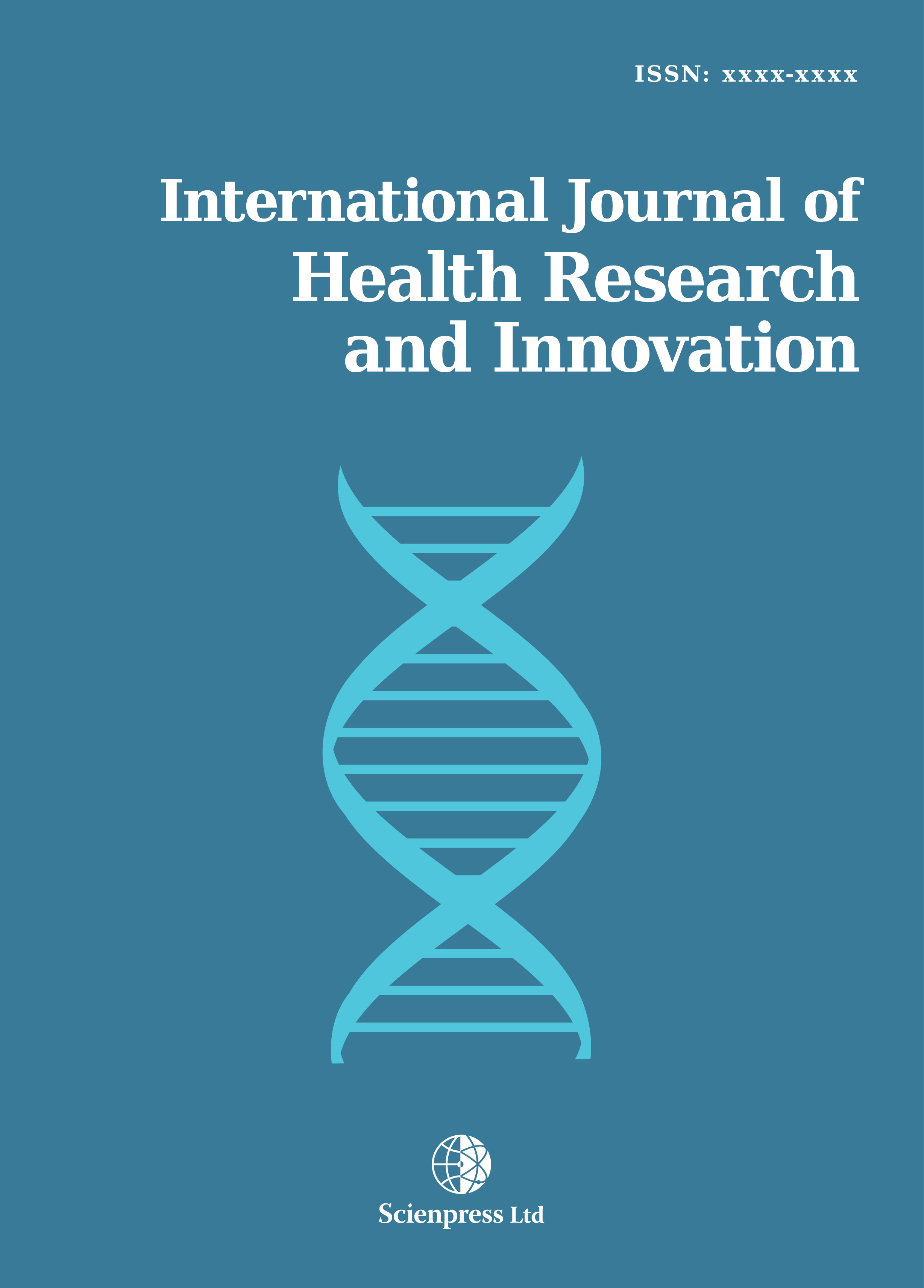International Journal of Health Research and Innovation
Leaving no one out? Public health aspects of migration: Health risks, responses and accessibility by asylum seekers, refugees and migrants in Greece
-
 [ Download ]
[ Download ]
- Times downloaded: 15394
Abstract
The article addresses aspects of public health of migrant and refugee populations in Greece. Migrants, asylum seekers and refugees have often been seen as “unwanted individuals” or as “a threat”, and particularly as a “health time-bomb” due to their poor health before, during and their unhealthy living and working conditions after their arrival in Greece. The article explores how the migration process has impacted public health by taking into account recent epidemiological data, migrant health inequalities and social determinants of health. Changes in the migration phenomenon include different epidemiological and public health repercussions for the reception country and the migrant, the asylum seeker and refugee populations. Populations on the move face health risks and are exposed to hazards resulting in public health implications for them but also for the reception society. The article focuses on risks, surveillance and responses to ensure access of asylum seekers, refugees and migrants to healthcare, as well as on the social discourse regarding migrant health.
Keywords: public health; migration; asylum seekers; refugees; migrants; healthcare.
